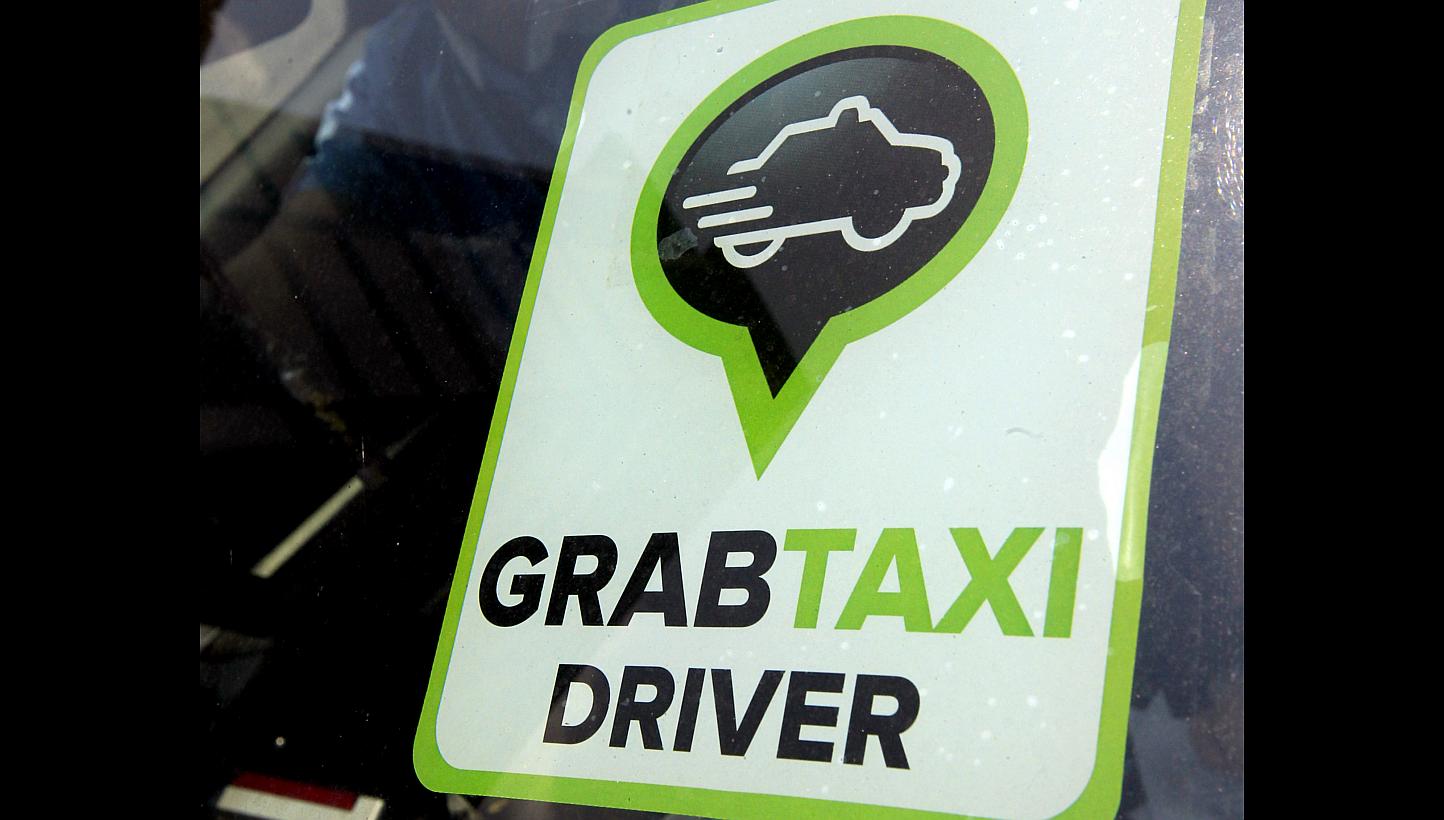GrabTaxi tying up with car rental firm to offer on-call cabs
Sign up now: Get ST's newsletters delivered to your inbox

Transport app provider GrabTaxi is tying up with a rental company to grow a fleet of on-call taxis. -- PHOTO: ST FILE
Christopher Tan Senior Transport Correspondent
Follow topic:
Transport app provider GrabTaxi is tying up with a rental company to grow a fleet of on-call taxis.
The move follows an initiative by rival Uber, which has started its own fleet of such taxis. These cabs are not allowed to ply for passengers, but cater to a growing cohort of commuters who hail a cab with their phones.
The Straits Times understands that GrabTaxi has joined hands with leading rental and leasing company Prime. It is gunning for a fleet of 600 by the end of the year, with the first cabs rolling out in about two months' time. In the longer term, it is looking at 2,000 cars.
GrabTaxi general manager Jerry Lim said: "We are still not looking at owning our own assets. So unlike the Uber model, we are not going to be in competition with the rental companies, but working with them to push out vehicles."
Trade observers said the new operating model offers app providers a more lucrative revenue stream than the 30 cents they make from each taxi booking.
As for Prime, it makes money from leasing cars to drivers. For instance, the brand-new Toyota Corolla Axio Hybrid is $80 per day, versus a rental of $105 if the car were a regular taxi.
Prime group chairman Neo Nam Heng admits that the venture would cannibalise the company's taxi business (operated under Prime Taxi), but said "if I don't do it, others will".
He predicts this so-called parallel taxi service is the future. "There are drivers who don't want to ply the streets looking for fares, who don't want to join queues, who are put off by all the standards and requirements," Mr Neo said. "They prefer to sit in a coffee shop, waiting for calls to come."
He added that this new venture allows him to grow his fleet, since increase in taxi fleet size is restricted to 2 per cent a year (if an operator meets standards).
Industry watchers expect the scheme to be attractive to taxi drivers who dislike high taxi rental rates and plying 300km to 500km a day for fares. Hence it will compete keenly with taxi companies for drivers.
Cabby Henry Tay, 45, who has been driving a taxi for eight years, said: "Competition is good, but it must be fair competition."
He pointed out that these parallel taxi services do not have to meet stringent regulatory standards, nor do their drivers have to undergo training. "Also, my worry is whether the low rental will be permanent - or will they also jack up everything one day?"
Transport academics like National University of Singapore professor Lee Der-Horng said that if these app companies are upping the competition, then the incumbent operators "should think through necessary actions in responding to the wave of change".
ComfortDelGro, Singapore's biggest taxi firm, seems nonchalant though. Its spokesman said: "Demand for our call bookings remains strong as we invest in new apps and service enhancements." Last year, it clocked a record 35.6 million bookings - 10 per cent more than the previous record in 2013.
christan@sph.com.sg

